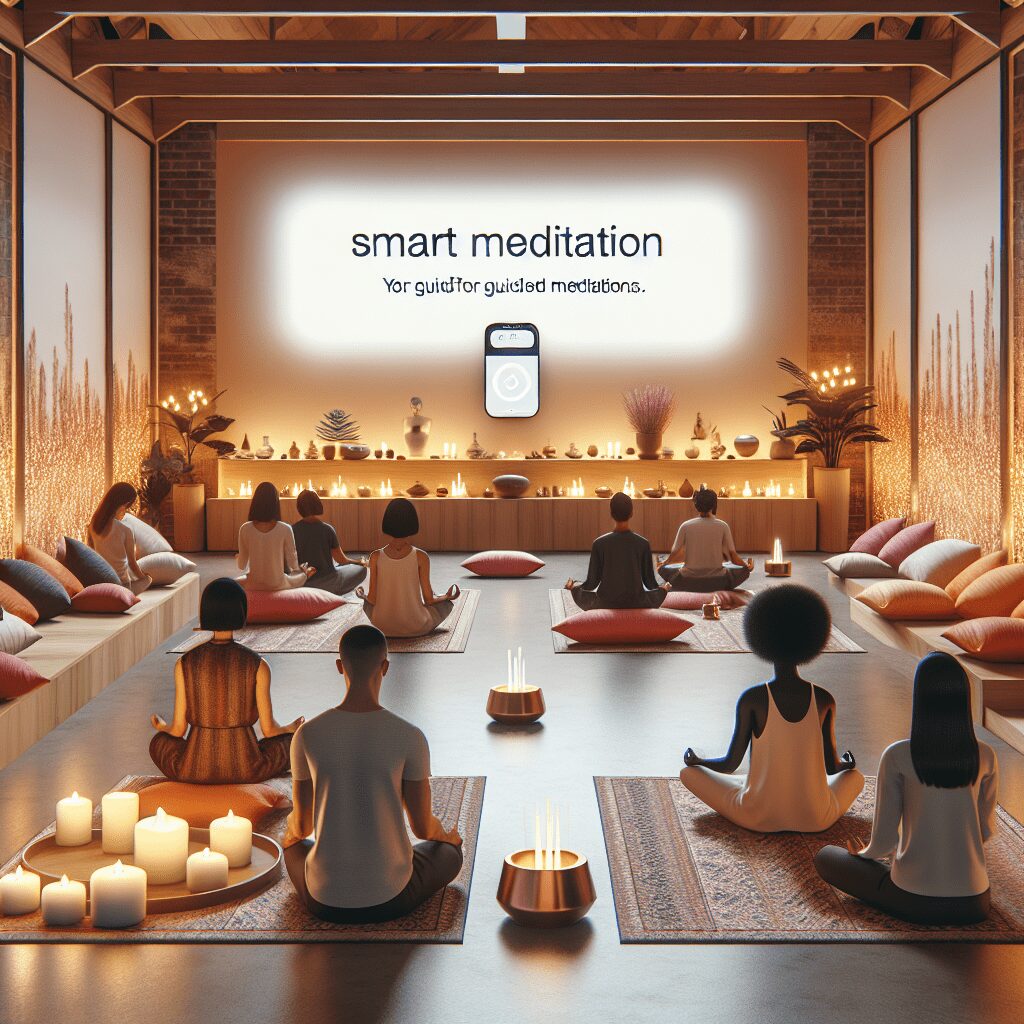
Prioritize your mental well-being daily. Enhance your life by nurturing your mental health with the Smart Meditation app. Break free from stress, alleviate anxiety, and enhance your sleep quality starting today.
Does A Multivitamin Help With Anxiety?
Navigating the Labyrinth of Vitamins for Anxiety Alleviation
In an era where Google MD is often our go-to wellness consultant, it’s no surprise we’re reaching into the vitamin jar hoping to find a magic bullet for anxiety. But does popping a multivitamin really hold the key to easing those frazzled nerves? Let’s dive into this conundrum, shall we?
The Science Behind the Bottle
First off, vitamins and minerals are downright essential for maintaining normal body functions — that’s a no-brainer. Specific nutrients have been linked with brain health, influencing mood, energy levels, and cognitive functions. For instance, deficiencies in Vitamin B12, Vitamin D, magnesium, and omega-3 fatty acids have been correlated with increased levels of anxiety and depression.
Here’s the catch, though – while deficiency in certain nutrients can exacerbate or potentially trigger anxiety symptoms, the conversational flip side is whether supplementing with a multivitamin can alleviate these symptoms. The research landscape on this is as varied as your cereal choices at the grocery store.
The Verdict: To Pop or Not to Pop?
Let’s cut to the chase. While multivitamins can bridge the nutritional gaps in your diet, they’re not a one-size-fits-all cure for anxiety. Think of them as part of a broader strategy rather than the star player. Here’s why:
- Bioavailability: Not all vitamins are created equal. The body doesn’t absorb every type of nutrient in a multivitamin equally effectively, meaning you might not be getting as much bang for your buck as you think.
- Custom Tailoring: Anxiety is as unique as your thumbprint. A generic multivitamin lacks the personalized touch often needed to target specific deficiencies that might be contributing to your anxiety.
- Lifestyle Matters: Diet, exercise, sleep, and stress management play massive roles in managing anxiety. Vitamins can complement these efforts but can’t replace them.
However, this isn’t to say that multivitamins don’t have their place. For folks with dietary restrictions, health conditions, or certain lifestyle choices (looking at you, fast-food enthusiasts), multivitamins can help fill in the gaps.
Fine-Tuning Your Approach
So, what’s an anxiety warrior to do? Here are some actionable tips:
- Know Thyself: Consider blood tests to identify any glaring nutritional deficiencies. Tailoring your supplement intake based on specific needs is more effective than a scattergun approach.
- Quality Over Quantity: Not all supplements are created equal. Do your homework and pick brands known for their quality and bioavailability.
- Lifestyle Overhaul: Incorporate a balanced diet, regular physical activity, adequate sleep, and stress management practices. These lifestyle modifications can enhance your overall well-being and potentially reduce anxiety.
- Consult the Pros: Before embarking on any supplement regimen, chat with a healthcare provider—preferably one knowledgeable about nutritional psychiatry. They can offer tailored advice based on your health profile.
In a nutshell, while a multivitamin might not be a silver bullet for curing anxiety, it could potentially serve as a supportive player in a holistic wellness strategy. Remember, tackling anxiety is a marathon, not a sprint. Incorporating a comprehensive approach that includes dietary changes, regular exercise, adequate sleep, stress reduction techniques, and professional guidance will often yield better results than any supplement on its own. Always weigh the benefits against potential risks and make informed decisions regarding your health.





